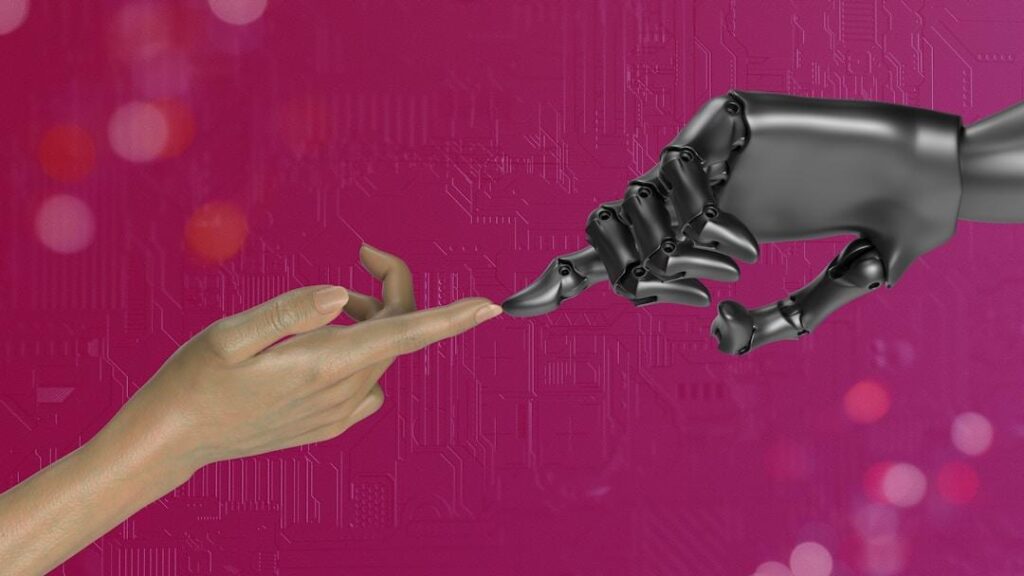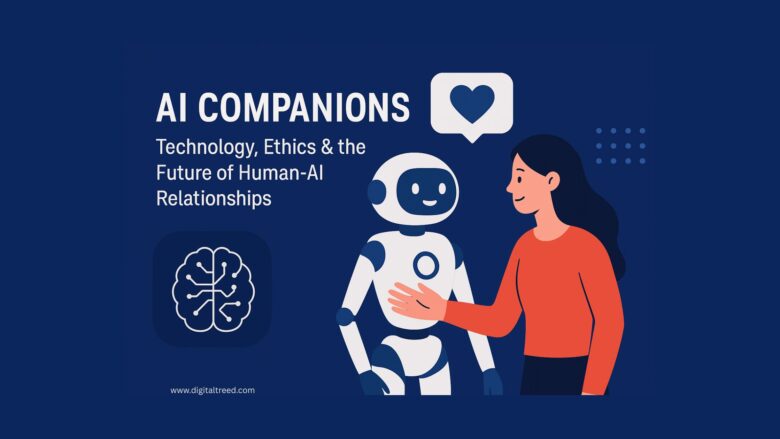The concept of AI companions has transitioned from science fiction to a tangible reality in recent years. As technology becomes increasingly sophisticated, artificial intelligence has begun to weave its way into the fabric of everyday life in more intimate ways. These digital entities are designed to understand, interact, and form connections with their human counterparts, offering company, assistance, and even friendship. The rise of AI companions marks a significant milestone in our relationship with technology. Keep reading to delve into the nuances of these fascinating innovations.
Understanding the Emergence of AI Companions in Modern Society

AI companions have grown from humans’ desire for connection and convenience. Powered by advances in machine learning and natural language processing, an AI Companion can simulate human-like interactions, learn from experiences, and respond in ways that feel emotionally aware. They appear in chatbots, virtual assistants, and robots, quietly becoming part of everyday life.
Their appeal comes from adaptability and personalization. By understanding user preferences, these systems can tailor interactions, anticipate needs, and create more engaging, authentic experiences, encouraging wider adoption and deeper integration into daily routines.
The Technology Behind AI Companions: How They Work
AI companions operate through advanced algorithms that enable continuous learning and adaptation. Utilizing machine learning, they refine their responses and actions over time without explicit programming for every scenario. Natural language processing (NLP) equips these entities with the ability to understand and generate human language, allowing for conversations that feel intuitive and human-like.
Many AI companions integrate technologies such as voice recognition, emotion detection, and predictive analytics, enhancing their capacity to interpret commands and assess emotional cues. Often cloud-based, they are designed for scalability and cross-device accessibility, ensuring constant availability and seamless integration across applications, supporting users in a variety of contexts with efficiency and responsiveness.
Societal Impact of AI Companions: Shifting Human-Technology Interactions
AI companions are reshaping human-technology interaction by streamlining daily tasks and increasing reliance on digital assistance in both personal and professional contexts. Their presence influences problem-solving, information access, and time management, making interactions with technology more efficient. Beyond practical support, AI companions affect social dynamics, serving as conversation partners, language tutors, or sources of companionship for isolated individuals.
They can provide therapeutic support and facilitate communication, bridging social gaps. At the same time, concerns have emerged regarding reduced face-to-face interactions and potential over-reliance on AI for emotional support, raising questions about the impact on the depth and quality of human relationships and experiences.
Ethical Considerations in the Development of AI Companions
The rise of AI companions raises numerous ethical concerns, beginning with privacy, as these systems often require access to personal data to function effectively. Protecting this information and ensuring transparency in data collection practices is critical. The influence of AI companions on human behavior and decision-making also warrants careful consideration, particularly in sensitive areas such as child development, healthcare, and financial guidance.
The replacement of human roles by AI poses questions about employment and the evolving societal role of individuals. Designers must also grapple with embedding ethical principles into AI, balancing innovation with responsibility to prevent harm, reinforce fairness, and avoid perpetuating existing biases or inequalities.
The Future of AI Companions: Trends and Predictions
The future of AI companions points toward significant growth, driven by advancements that make them more autonomous, context-aware, and capable of complex interactions. This evolution has the potential to transform sectors such as eldercare, education, and customer service. Personalization will deepen as AI companions leverage deep learning and big data to understand individual preferences, emotional states, and daily routines, allowing seamless integration into everyday life.
Progress in robotics and hardware will enable AI companions to function in the physical world, bridging digital assistance with tangible support. As these developments advance, maintaining healthy human-machine boundaries will be crucial to ensure AI enhances human experience without overstepping.
Overall, the emergence of AI Companions signifies a new era in the relationship between humans and machines. As we navigate the ethical terrain and embrace the technological possibilities, AI companions have the potential to enrich our lives in unimaginable ways, fostering a future where human empathy and artificial intelligence converge to create a harmonious existence.

This article is well-researched and clearly written. Appreciate the effort!
Thanks for the detailed breakdown — it saved me a lot of time.